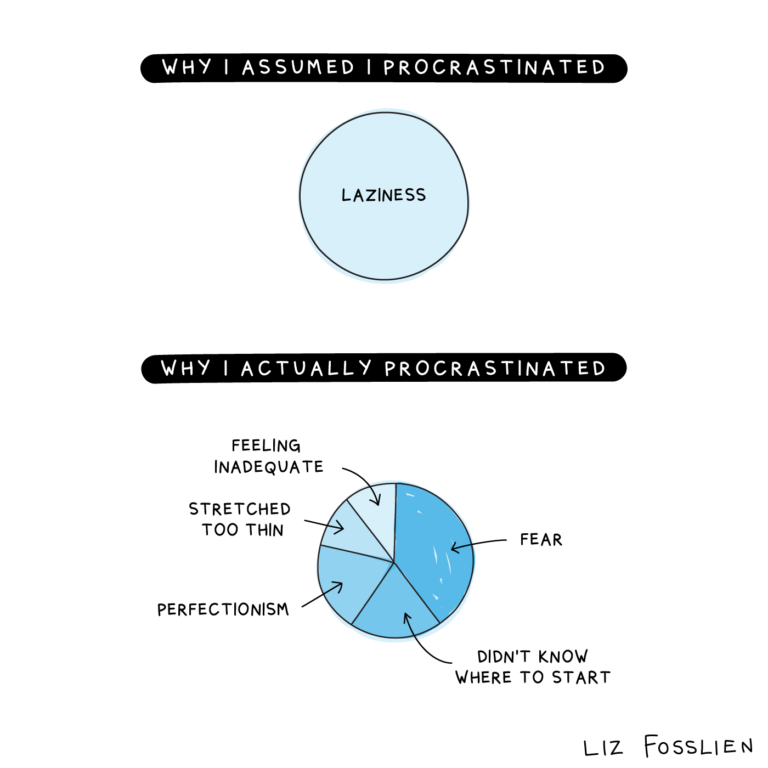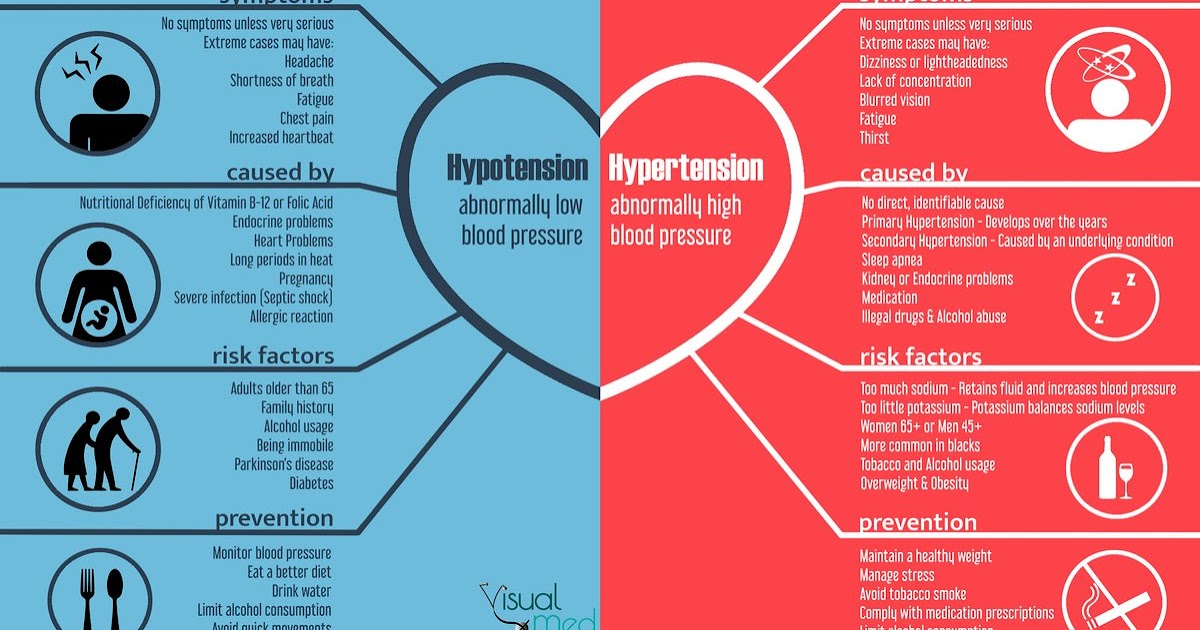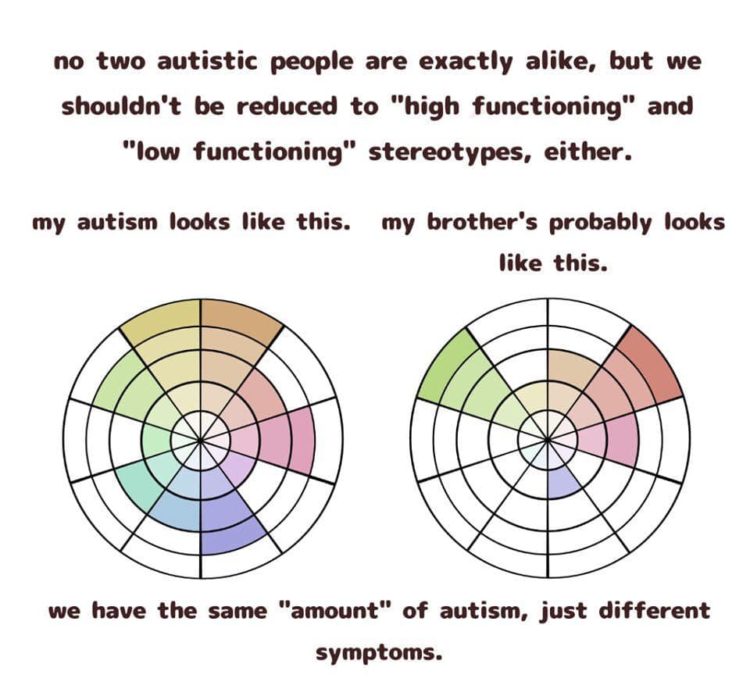Death from stress
Can Stress Kill You? Long-Term Effects of Stress
Dying from stress is unlikely, though it may be possible. Here’s how stress can affect your health, along with tips to help you manage it.
Stress can feel mentally and physically overwhelming at times, especially if you’ve been stressed out for a while.
But can stress actually kill you? In most cases, the short answer is no.
Yet the long-term effects of stress may depend on how much stress your body can handle and what you do to cope.
We all feel stressed now and then, some of us more often than others — and that’s OK.
After all, stress is a natural part of life. Sometimes, it’s even necessary for our growth and survival.
“Stress is what keeps us alive,” says Janine Ilsley, a licensed master social worker and a therapist with Cobb Psychotherapy in New York City.
Still, there’s a distinct difference between “healthy” stress and “unhealthy” stress.
Healthy stress can often help us grow and thrive, whereas unhealthy stress may refer to unmanaged stress, which can be detrimental to our health and well-being.
Regardless of the stressors we face, Ilsley says we can learn to adapt to the ever-changing and challenging conditions we’re presented with.
“The mind and the body are intimately and intricately connected,” Ilsley says. “When we reclaim our bodies, we have the power to rearrange and reorganize its system to allow us to thrive,” Ilsley says.
According to Jessica Stern, PhD, a clinical psychologist and assistant professor at NYU Langone Healthnotes, stress may have the following effects on the body:
- increased chronic pain
- weakened immune system
- agitated gastrointestinal (GI) functioning
In the short term, stress may also lead to:
- tension in the body
- high blood pressure
- poor sleep or disrupted sleep
Stress can also indirectly impact your health. For instance, stress may cause you to:
- accidentally skip meals
- eat fewer balanced meals
- refrain from scheduling or maintaining important health appointments
- avoid healthy habits and maintenance routines
For the average person, stress is unlikely to result in death.
But stress can be dangerous or deadly if left unmanaged or untreated for a long time, especially if you live with particular health conditions. That’s why healthy stress management is key to promoting health and longevity.
Indirect causes
According to Stern, stress may cause certain health conditions that could lead to death if left unchecked over time. These include:
- decreased immune functioning
- poor cardiovascular health
- high blood pressure
- sleep disturbances
In addition, misuse of drugs or alcohol to cope with or manage stress may lead to death. These scenarios may include:
- mixing drugs or alcohol with other medications
- engaging in dangerous behaviors while under the influence
“For those who use tobacco as a stress management behavior, smoking can lead to many health concerns that can be fatal,” Stern says.
Direct causes
Depending on an individual’s circumstances and the state of their physical health, stress may result in death.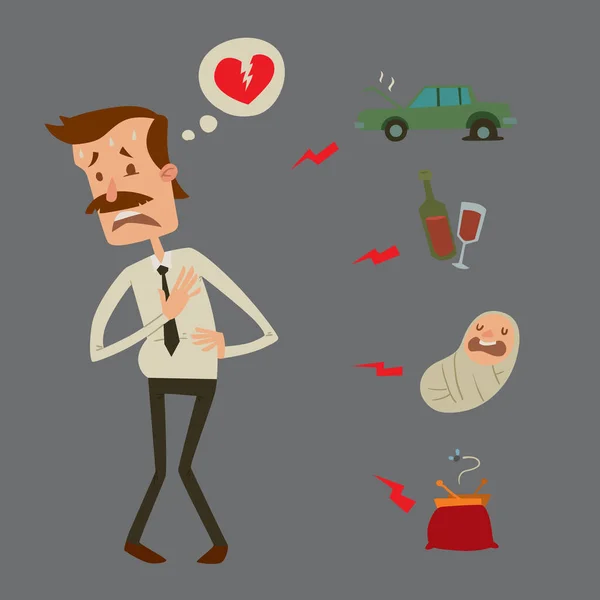
For instance, a 2017 study suggests that severe mental stress could lead to sudden death from heart disease or cardiovascular issues.
In addition, a 2021 study shows that physical and psychological stressors can lead to sudden cardiac death (SCD).
“For individuals with unstable and/or unmanaged cardiovascular disease, stress can lead to a heart attack,” Stern says.
“While there are a number of ‘red flags’ alerting the direction toward declining health, we can be experiencing unconscious stress in the body without any conscious awareness of its presence,” Ilsley says.
The following physical signs may indicate that stress is negatively impacting your health:
- increased tension (e.g., jaw clenching)
- increased pain (e.g., migraine headaches or back pain)
- increased soreness (e.g., chronic neck, back, or shoulder pain)
- low energy
- difficulty concentrating
- increased blood pressure or heart rate
- difficulty breathing
- random or sudden changes in appetite
In addition, a 2017 study suggests that people who live and work in stressful environments are more prone to the negative health effects of stress over time. But the long-term effects of stress may also vary depending on factors like severity and duration.
But the long-term effects of stress may also vary depending on factors like severity and duration.
Other long-term health effects of stress may include:
- addiction
- poor impulse control
- poor emotional regulation
- frequent colds and infections
- blood sugar imbalances
- low sex drive
- relationship challenges
- sleep issues or insomnia
- digestive issues (e.g., constipation, diarrhea, bloating, gas, irritable bowel syndrome (IBS), inflammatory bowel disease (IBD), gastroesophageal reflux disease (GERD), ulcerative colitis)
- adrenal fatigue and other conditions related to hormonal imbalances
Everyone experiences stress differently. How stress affects your physical and mental health may depend on how well you manage it.
Stern offered some suggestions to get ahead of the damaging effects of stress:
- Ask for help to lighten your load.
- Seek support, such as from friends, family, colleagues, community, or health professionals.

- If you can, let go of responsibilities, activities, and tasks you find draining.
- Rest and take breaks.
- Do things that bring you joy.
- If you are able, spend time outside.
- Consider exercising more often.
- If it comes easily, get better sleep.
- Set better boundaries.
- Assemble a healthcare team to help ensure your needs are being met.
- Check in with yourself about how you want to live your life and aim to align with that goal.
In addition, Ilsley recommends the following stress-reducing mindfulness tips:
- build more positive relationships
- journal
- play music
- garden
- meditate
- eat an anti-inflammatory diet
- engage in a mind-body practice
- practice yoga sequences that release head, neck, jaw, and shoulder tension
Ilsley suggests taking regular “stress inventories” as time goes on by asking yourself the following questions:
- What does stress mean to me?
- What does being “stress-free” look and feel like?
- How is stress currently showing up in my daily life?
- How is stress being expressed in my body?
Stress is unlikely to be fatal for most people, but prolonged exposure to stress can lead to mental and physical health problems, including death in severe cases.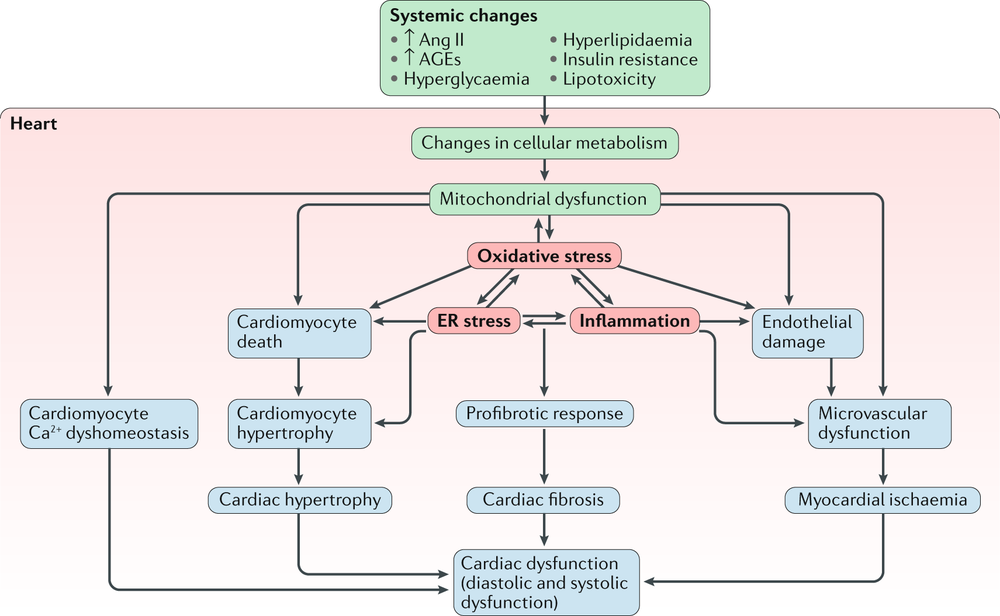
But dying from stress is unusual and is likely the result of a heart attack or another cardiovascular issue.
If you’ve noticed a decline in your well-being due to increased, prolonged stress, you might consider talking with a therapist or consulting a medical professional for more guidance.
Seeking help and trying different coping strategies for reducing your stress load can help you live a happier, healthier life.
Yet Another Reason to Avoid Stress: Sudden Death
Written by Jane Schwanke
Jan. 17, 2000 (Minneapolis) -- In one of the first studies to show a link between mental stress and death, researchers at Yale University School of Medicine have found that stress may actually lead to sudden death. The findings are particularly important in people with a history of certain irregular heart rhythms that may already predispose them to sudden death.
Scientists have known for some time that sudden death, usually caused by heart attacks associated with a lethal heart rhythm, are more prevalent in populations that suffer earthquake or war. And studies in the laboratory have shown that the primitive fight-or-flight response to stress alters heart rhythms in animals, while anger, anxiety, and performance stress alter heart rates in humans. Now researchers are beginning to learn why.
And studies in the laboratory have shown that the primitive fight-or-flight response to stress alters heart rhythms in animals, while anger, anxiety, and performance stress alter heart rates in humans. Now researchers are beginning to learn why.
The patients in the study had a history of a potentially fatal heart rhythm, and all had been implanted with a cardiac defibrillator. An implantable cardiac defibrillator is about the size of a pack of cards and is implanted in the chest. The device is programmed to shock the heart if it detects an abnormal rhythm.
Researchers performed mental stress tests in the patients. These patients were grilled with rapid-fire arithmetic questions and harshly reprimanded for incorrect responses. Patients were then asked to discuss an annoying event, as the interviewer pressed for further details and asked irritating questions.
The study shows that mental stress not only makes abnormal heart rhythm more difficult to control, but the same condition is quicker and more difficult to terminate when patients with irregular heart rhythms are under no sedation. "In patients with a [rapid heartbeat greater than 100 beats per minute], mental arousal [can upset the] circuit, creating a potentially more dangerous [heart rate]," the authors write.
"In patients with a [rapid heartbeat greater than 100 beats per minute], mental arousal [can upset the] circuit, creating a potentially more dangerous [heart rate]," the authors write.
"Patients should be aware that stress really can alter arrhythmias or make heart rhythms dangerous," Lampert tells WebMD. Through their research, Lampert says, researchers will be better able to design preventive strategies in the future.
"This study suggests that treatment of [irregular heart rhythms] should include integrated medical care, which include not only conventional drug and device therapy, but also a complementary medicine component focusing on emotional status and living and working environments," Ruey J. Sung, MD, tells WebMD. "A mutual understanding of the concept of integrated medical care between the physician and patient is key to better control [of irregular heart rhythms]." Sung is director of cardiac electrophysiology and arrhythmia service at University of California-San Francisco Stanford Health Care in Stanford, Calif.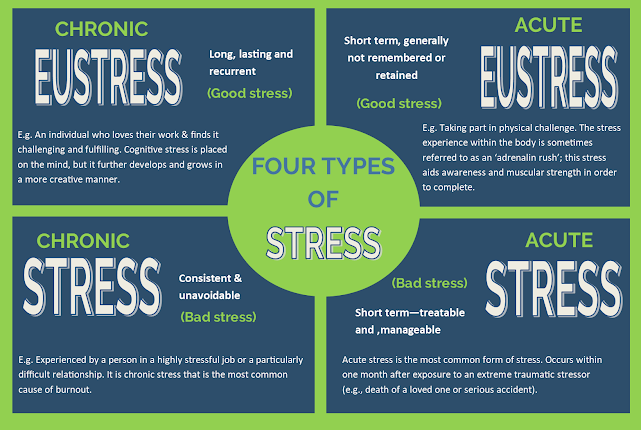
Only one woman was enrolled in the study. Whether the effects of mental stress on arrhythmia differ in women requires further evaluation.
- A new study shows that mental stress changes the heart rate and the rhythm of the heart, even in patients without evidence of heart disease.
- Researchers suggest that mental stress, particularly in patients who already have arrhythmias, can lead to sudden death.
- Treatment of cardiac arrhythmias should include integrated medical care, including a focus on emotional well-being, in addition to treatment with drugs and devices.
Get help & support for suicide
If you’re in emotional distress or suicidal crisis, find help in your area with Find a helpline.
If you believe that someone else is in danger of suicide and you have their contact information, contact your local law enforcement for immediate help. You can also encourage the person to contact a suicide prevention hotline using the information above.
Learn more about personal crisis information with Google Search.
Google’s crisis information comes from high-quality websites, partnerships, medical professionals, and search results.
Important: Partnerships vary by country and region.
| Country | Hotline organization | Website | Phone number |
|---|---|---|---|
| Argentina | Centro de Asistencia al Suicida | www.asistenciaalsuicida.org | (011) 5275-1135 |
| Australia | Lifeline Australia | www.lifeline.org | 13 11 14 |
| Austria | Telefon Seelsorge Osterreich | www.telefonseelsorge.at | 142 |
| Belgium | Center de Prevention du Suicide | www. preventionsuicide.be preventionsuicide.be | 0800 32 123 |
| Belgium | CHS Helpline | www.chsbelgium.org | 02 648 40 14 |
| Belgium | Zelfmoord 1813 | www.zelfmoord1813.be | 1813 |
| Brazil | Centro de Valorização da Vida | www.cvv.org | 188 |
| Canada | Crisis Services Canada | crisisservicescanada.ca | 833-456-4566 |
| Chile | Ministry of Health of Chile | www.hospitaldigital.gob | 6003607777 |
| China | Beijing Suicide Research and Prevention Center | www.crisis.org | 800-810-1117 |
| Costa Rica | Colegio de Profesionales en Psicologia de Costa Rica | psicologiacr. com/aqui-estoy com/aqui-estoy | 2272-3774 |
| France | SOS Amitié | www.sos-amitie.org | 09 72 39 40 50 |
| Germany | Telefon Seelsorge Deutschland | www.telefonseelsorge.de | 0800 1110111 |
| Hong Kong | Suicide Prevention Services | www.sps.org | 2382 0000 |
| India | iCall Helpline | icallhelpline.org | 9152987821 |
| Ireland | Samaritans Ireland | www.samaritans.org/how-we-can-help | 116 123 |
| Israel | [Eran] ער"ן | www.eran.org | 1201 |
| Italy | Samaritans Onlus | www.samaritansonlus.org | 06 77208977 |
| Japan | Ministry of Education, Culture, Sports, Science and Technology | www. mext.go.jp mext.go.jp | 81-0120-0-78310 |
| Japan | Ministry of Health, Labor and Welfare of Japan | www.mhlw.go | 0570-064-556 |
| Malaysia | Befrienders KL | www.befrienders.org | 03-76272929 |
| Netherlands | 113Online | www.113.nl | 0800-0113 |
| New Zealand | Lifeline Aotearoa Incorporated | www.lifeline.org | 0800 543 354 |
| Norway | Mental Helse | mentalhelse.no | 116 123 |
| Pakistan | Umang Pakistan | www.umang.com.pk/ | 0311-7786264 |
| Peru | Linea 113 Salud | www.gob.pe/555-recibir-informacion-y-orientacion-en-salud | 113 |
| Philippines | Department of Health - Republic of the Philippines | doh. gov.ph/NCMH-Crisis-Hotline gov.ph/NCMH-Crisis-Hotline | 0966-351-4518 |
| Portugal | SOS Voz Amiga | www.sosvozamiga.org | 213 544 545 963 524 660 912 802 669 |
| Russia | Fund to Support Children in Difficult Life Situations | www.ya-parent.ru | 8-800-2000-122 |
| Singapore | Samaritans of Singapore | www.sos.org | 1-767 |
| South Africa | South African Depression and Anxiety Group | www.sadag.org | 0800 567 567 |
| South Korea | Korea Suicide Prevention Center중앙자살예방센터 | www.spckorea.or | 1393 |
| Spain | Telefono de la Esperanza | www.telefonodelaesperanza. org org | 717 003 717 |
| Switzerland | Die Dargebotene Hand | www.143.ch | 143 |
| Taiwan | 国际生命线台湾总会 [International Lifeline Taiwan Association] | www.life1995.org | 1995 |
| Ukraine | Lifeline Ukraine | lifelineukraine.com | 7333 |
| United Kingdom | Samaritans | www.samaritans.org/how-we-can-help | 116 123 |
| United States | 988 Suicide & Crisis Lifeline | 988lifeline.org | 988 | nine0033
How can we improve it?
Gears
home
Parents
Helpline
Information about the unified all-Russian children's helpline
0444 8-800-2000-122 .
When calling this number in any locality of the Russian Federation from fixed or mobile phones, children in difficult life situations, adolescents and their parents, other citizens can receive emergency psychological assistance, which is provided by specialists of services already operating in the constituent entities of the Russian Federation that provide services for telephone counseling and connected to a single all-Russian number of children's helpline.
Confidentiality and free of charge are the two main principles of the children's helpline. This means that every child and parent can anonymously and free of charge receive psychological assistance and the secrecy of his call to the helpline is guaranteed.
Working hours of the children's helpline in the constituent entities of the Russian Federation
(as of October 1, 2013)
Name of the subject of the Russian Federation 9Arkhangelsk region 09.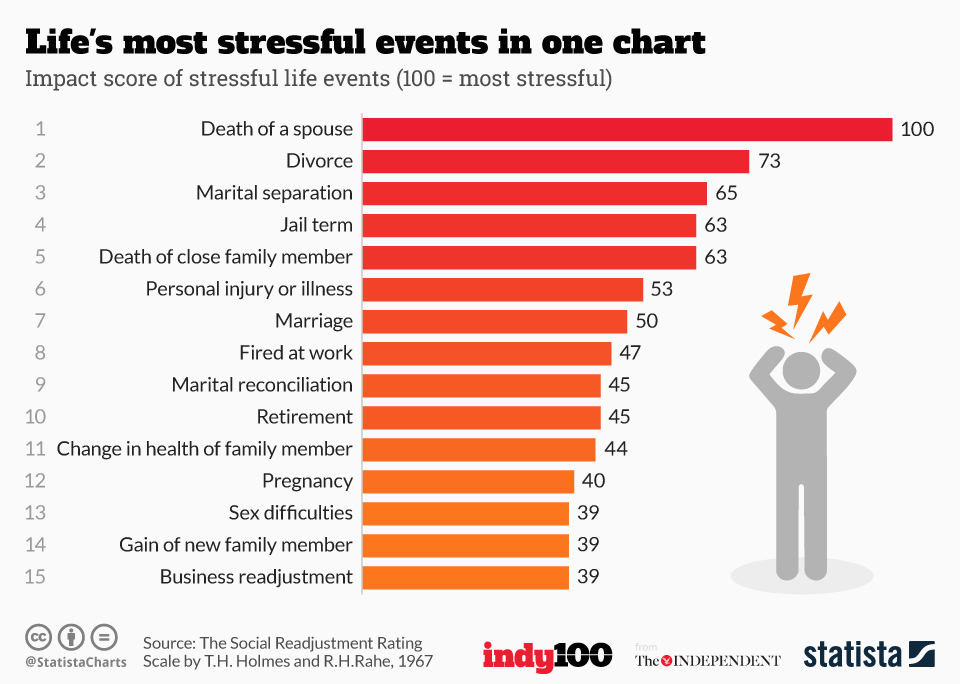 00-22.00 00-22.00 | |||
| 22 | with Nenets Autonomous Okrug | daily 09.00-17.30 | |
| 23 | Vologda region | around the clock | |
| 24 | Kaliningrad region | daily0039 | around the clock |
| 35 | Chechen Republic 08.30-20.00 | ||
| South Federal District | |||
| 37 | Republic of Adygea | ||
| Kalmykia | Pon-Pen. 8.00-17.00 | ||
| 3 | |||
| 80 | Magadan region | Pon.-Pon. 10.00.22.00 | |
| 81 | Sakhalin Region | ||
| 900 | |||
| 83 | Chukotka AO | Mon-Fri 09.00-22.00, closed 16.00-22.00 | |
Infographics. The principle of operation of a single federal helpline number for children, adolescents and their parents
Information from the regions about the work of the children's helpline
12/28/2016
What to do when there is a problem, but there is no one to tell about it?
12/28/2016
Online psychologists are ready to save children from bullying
12/28/2016
What problems do residents of the Irkutsk region call the helpline
09.




